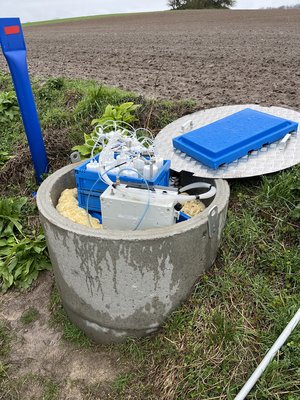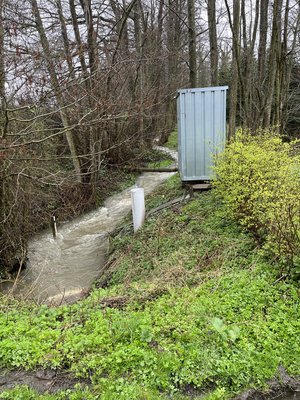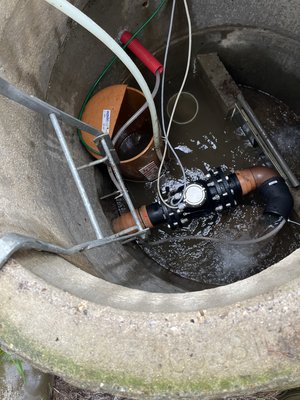About the project
The project in short (English)
The green transition of the Danish agricultural sector aims to achieve quantitative information on nitrogen (N) leaching to the aquatic environment, including organic N forms, as well as knowledge about the effects of greenhouse gas emissions and the carbon balance on agricultural land. The existing Danish knowledge base on losses of organic matter (OM) and organic nitrogen (ON) forms from farming activities on different soil types is very sparse due to the fact that most research undertaken during the last four to five decades has focused on the losses of inorganic N forms (nitrate) from agricultural fields. Therefore, the aim of orgANiC is to quantify the concentrations and losses of dissolved and particulate organic matter (DOM and POM) and the included organic nitrogen (N) (dissolved organic N (DON) and particulate organic N (PON) from a wide range of cropping systems, soil types and climate conditions via different hydrological pathways. This will be accomplished by collecting new data and making use of existing data from three well established monitoring and experimental designs:
- The Danish National Monitoring Programme in Agricultural Catchments (LOOP);
- The Pesticide Leaching Assessment Programme (PLAP);
- Long term experimental plots at Foulum, Askov and Flakkebjerg.
As a final outcome, orgANiC will develop a novel decision-support tool for assistance in modelling farm-scale losses of OM and ON from major Danish cropping systems (crops, fertilisation and tillage), soil types and climate conditions.
Kort beskrivelse af projektet (dansk)
Betydningen af tabet af organiske kvælstofforbindelser (ON) med organisk stof (OM) til vandmiljøet er steget i de seneste 30 år i takt med landbrugets reduktioner af emissioner af uorganiske kvælstofforbindelser (primært nitrat). Emission af opløst organisk kvælstof (DON), samt partikelbundet organisk kvælstof (PON) har betydning i de akvatiske systemer qua deres biologiske optag og omsætning, samt skyggevirkning for vækst af højere planter (f.eks. ålegræs).
OrgANiC vil ved hjælp af eksisterende og nye måledata kvantificere tabet af ON-forbindelser fra forskellige jordtyper og dyrkningssystemer (afgrøder, gødskning og jordbearbejdning) på bedrifter i de fem Landovervågningsoplande (LOOP i NOVANA) ved målinger i jordvand, grundvand, drænvand, grøfter, overfladisk afstrømning og vandløb. Hertil kommer målinger af ON på marker i pesticid-varslingssystemet (VAP) og langtidsforsøgene på marker ved Foulum, Askov og Flakkebjerg.
Anvendelse af nye metoder til direkte analyse af den molekylære sammensætning og koncentration af DOC og DON vil blive anvendt og meso-kosmos forsøg af bionedbrydning af DOM og DON vil blive gennemført. Et beslutningsstøttesystem til bedriftsbaserede opgørelser af udledninger af ON vil blive udviklet som produkt fra orgANiC.
Collaborations
The project collaborates nationally with:
- The Danish EPA, Ministry of Environment about sampling of soil water and groundwater in the agricultural LOOP catchments
- The Danish Pesticide Leaching and Assessment Program (PLAP) project about monitoring at two sites (Jyndevad and Silstrup)
International collaborations:
- Daniel Graeber from UFZ, Magdeburg, Germany about DOM analysis utilizing PARAFAC
- Tobias Goldhammer from IGB, Berlin, Germany about direct DON analysis utilizing LC-OCD-OND
Project funding
- The orgANiC project receives financial support from the Ministry of Food, Agriculture and Fisheries of Denmark, project “orgANiC” (grant No. 33010-NIFA-23-859)



From the LOOP sampling stations in Højvads Rende (LOOP1) on Lolland – Ground water station and drainage station, as well as a stream station at Lillebæk (LOOP4) on Funen. Photo: Brian Kronvang ©